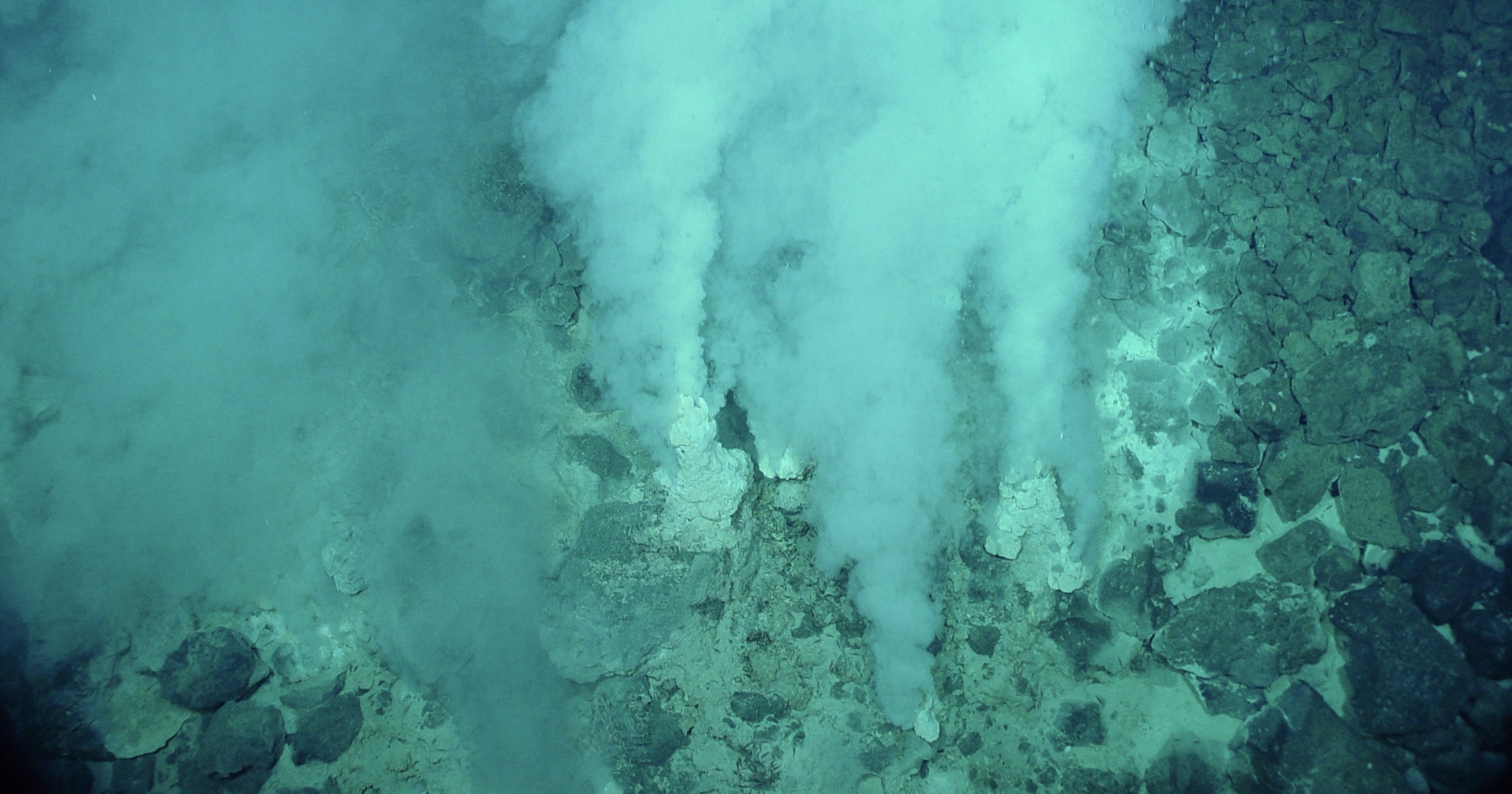 Evolution
Evolution
 Intelligent Design
Intelligent Design
Existential Implications of the Miller-Urey Experiment

Editor’s note: We have been delighted to present a series by Neil Thomas, Reader Emeritus at the University of Durham, “Why Words Matter: Sense and Nonsense in Science.” This is the seventh and final article in the series. Find the full series so far here. Professor Thomas’s recent book is Taking Leave of Darwin: A Longtime Agnostic Discovers the Case for Design (Discovery Institute Press).
As I have suggested already in this series, there undoubtedly was much at stake in the Miller-Urey experiment — considerably more than was realized at the time by those who listened uncritically to Carl Sagan and others with an interest in deceptively boosting the supposed importance of the experiment. Its implicit promise for many observers as well as eager readers of the American and world press would have been that it would extend Darwin’s timeline back to the pre-organic formation of the first living cell, and so establish the fundamental point of departure for the mechanism of natural selection to go to work on. It would also of course have delivered a stunning victory for the materialist position. In the event, though, it succeeded only in dealing a disabling body-blow to materialist notions by giving game set and match to the theistic position. This point has not, to my knowledge, been publicly acknowledged.
Hot Springs, Hydrothermal Vents, Etc.
Most devastatingly for Darwinists, the complete failure of this and more recent experiments to find the origins of primitive life forms in hot springs, hydrothermal vents in the ocean floor, et al., have removed the indispensable foundation for the operation of natural selection. By that I mean that any postulated selective mechanism must obviously have something to select. No raw material means no evolution, no nothing. Without an “abiogenetic moment” Darwin’s entire theory of evolution via natural selection falls flat.
As matters stand, the bare emergence of living cells remains an unsolved mystery, let alone the claimed corollary of that mysterious and unexplained cellular “complexification” (yet another word without any demonstrable referent, it may be noted) said to follow from it and to have occasioned the fabled development from microbes to (wo)man. The most significant finding of Miller and Urey appears to have been a categorical disproof of Darwinian ideas and a presumptive indication of a supra-natural etiology for the cellular system — an inference to theistic creation/evolution which was of course the very obverse of the result they were seeking.
Nothing Can Come from Nothing
To sum up: there is perhaps limited value in trying to rank in order of gravity the many objections to Darwinism which have been thrown up over the last 160 years. If pressed to do a sort of countdown to number one, however, I would have to say that this particular objection should rank very high up. This is because to attempt to discuss the subject of how the process of selection by nature began to operate whilst not even broaching the question of how nature itself arose in the first place must count as a major evasion.
It is in fact such a glaring logical elision that it can only be viewed (in plain English) as a cop-out. Nothing can come of nothing, goes the old tag, and without knowledge of or at the very least a credible theory concerning the provenance of organic material, the theory of “natural selection” lacks any coherent foundation even for the starting point of its putative operations. Evolutionary biology finds itself in the unenviably anomalous position of being based on an illusory premise without any discernible foundation. Yet the urge to find proof for “natural selection” endures. That, I guess, is a powerful reminder that words, even meaningless words, have the power to create their own virtual realities in our minds, with no relation to any definable referent in the world we inhabit.
